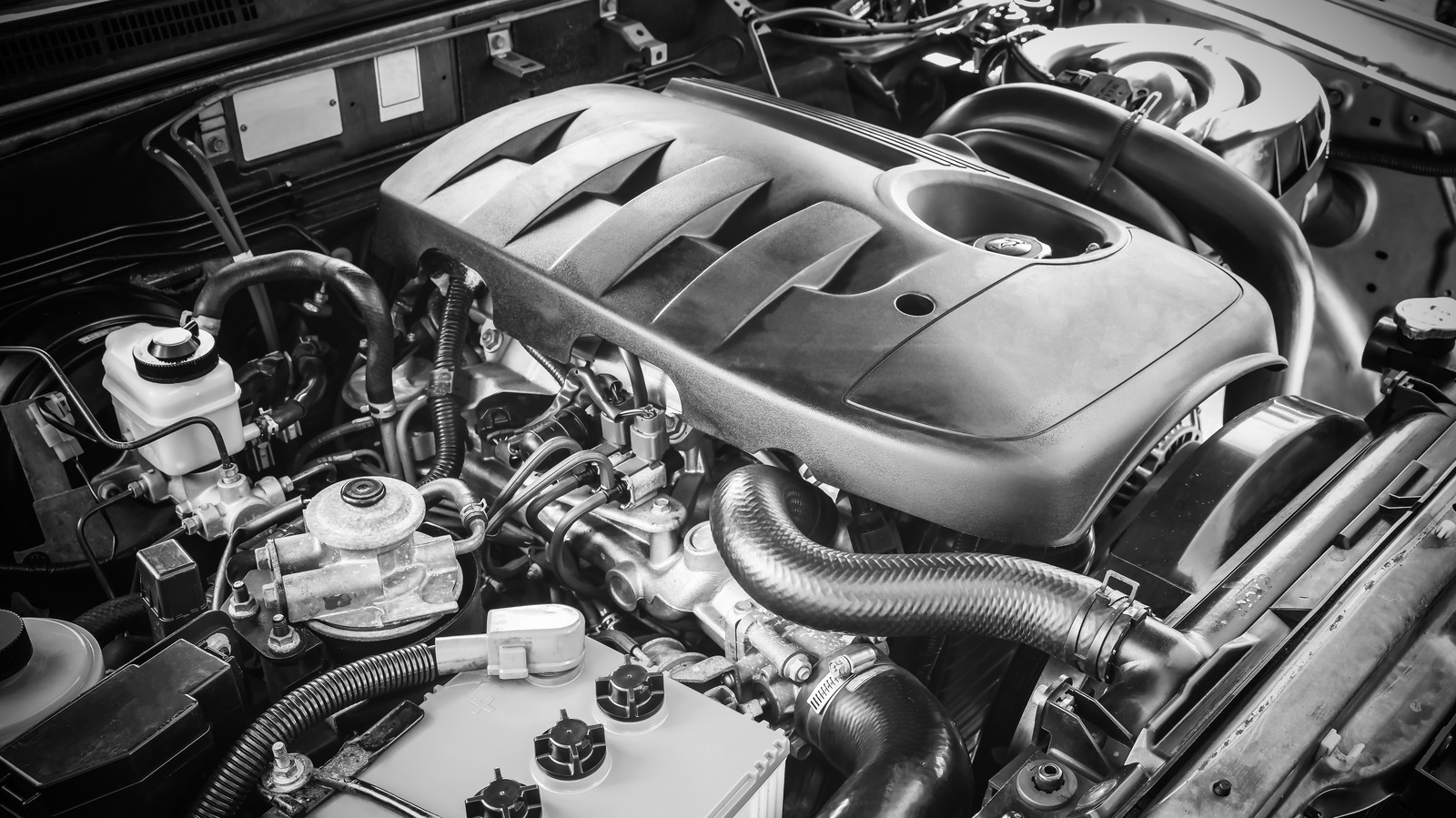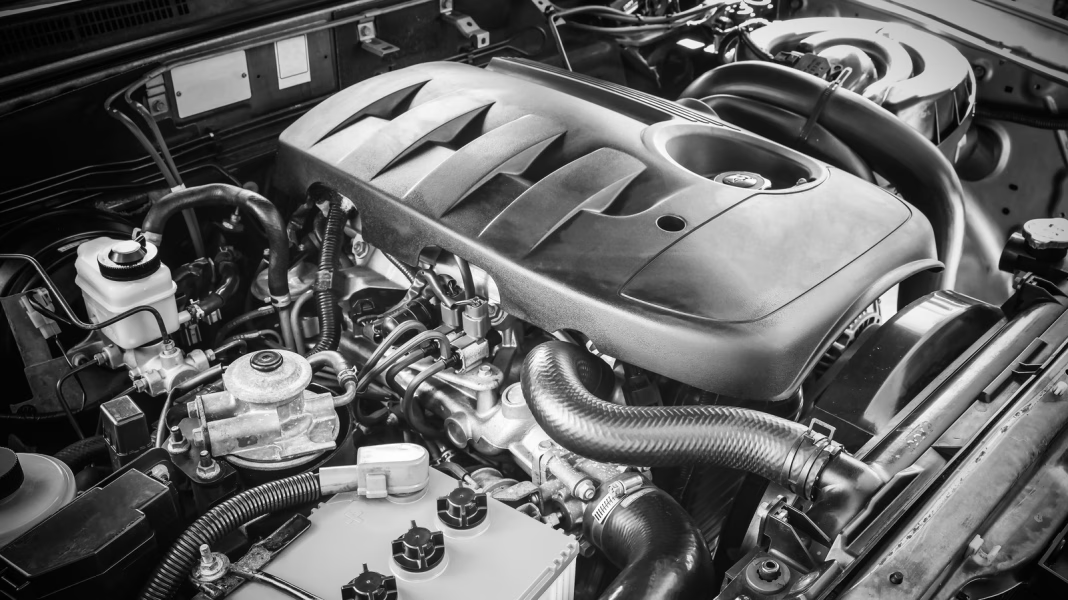Why Don’t Diesel Engines Need Spark Plugs?
If you’ve ever popped the hood on a diesel vehicle, you might notice something missing: spark plugs. Gasoline engines rely on these little guys to ignite the fuel-air mixture, but diesel engines? Not so much. So, what’s really going on inside a diesel engine that lets it skip the spark plug altogether?
How Do Diesel Engines Ignite Fuel Without a Spark?
Here’s where the magic of diesel engineering comes in. Instead of using a spark to ignite the fuel, diesel engines depend on something called compression ignition. Air is drawn into the cylinder and then compressed to a much higher degree than in a gasoline engine. We’re talking compression ratios of 14:1 or higher, compared to 8:1 to 12:1 for most gas engines.
When air is squeezed that tightly, it heats up—sometimes to over 500°C (930°F). At just the right moment, diesel fuel is injected directly into this superheated air. The result? The fuel ignites instantly, all on its own. No spark required. This process is not only efficient but also gives diesel engines their signature torque and fuel economy.
What’s the Role of Glow Plugs in Diesel Engines?
You might have heard about glow plugs and wondered if they’re just a fancy version of spark plugs. Not quite. Glow plugs are there to help start the engine in cold weather by preheating the combustion chamber. They don’t actually ignite the fuel during normal operation. Once the engine is running and everything’s warmed up, glow plugs take a back seat.
Why Do Diesel Engines Have Higher Compression Ratios?
It all comes down to how diesel fuel behaves. Diesel is less volatile than gasoline, so it needs more heat to ignite. That’s why diesel engines are built to handle much higher pressures. The upside? More torque at lower RPMs and better fuel efficiency. The downside? Heavier engine components and a bit more noise. But for heavy-duty work—think trucks, buses, and generators—diesel’s strengths are hard to beat.
Are There Downsides to Compression Ignition?
No system is perfect. Diesel engines tend to be heavier because they need reinforced parts to withstand the high pressures. They can also be noisier and produce more nitrogen oxides (NOx) and particulates, which is why modern diesels use advanced emissions controls. On the flip side, they last longer and often go hundreds of thousands of miles with proper care.
How Does This Affect Maintenance and Longevity?
Here’s some good news: no spark plugs means one less thing to replace. Diesel engines are built tough, and with fewer ignition components to wear out, they often outlast their gasoline counterparts. However, they do require regular maintenance—think fuel filters, oil changes, and keeping an eye on those glow plugs in colder climates.
What About Modern Diesel Technology?
Today’s diesel engines are a far cry from the smoky, rattly beasts of decades past. Thanks to direct injection, turbocharging, and computer-controlled fuel delivery, modern diesels are cleaner, quieter, and more powerful than ever. According to the U.S. Department of Energy, advances in diesel technology have improved fuel efficiency by up to 20% over the last decade, while emissions have dropped dramatically.
The Big Takeaway
Diesel engines skip spark plugs because they rely on the heat of compression to ignite fuel—a clever bit of engineering that delivers power, efficiency, and durability. The result? Pure magic. If you’re thinking about making the switch or just want to understand your vehicle better, remember: diesel isn’t about perfection—it’s about smarter adjustments. Start with one change this week, and you’ll likely spot the difference by month’s end.


